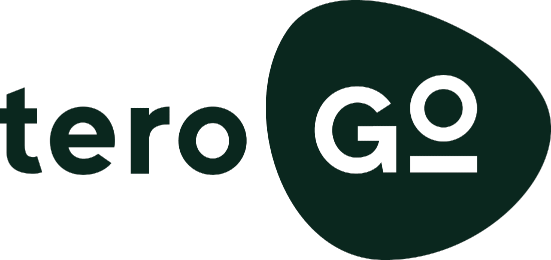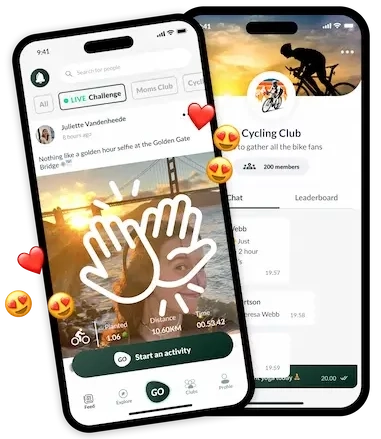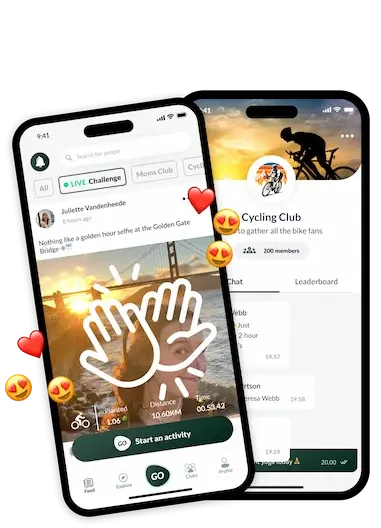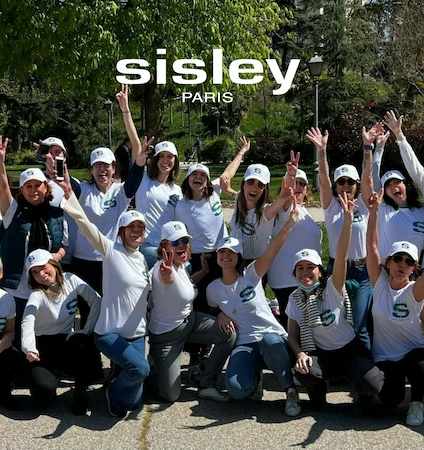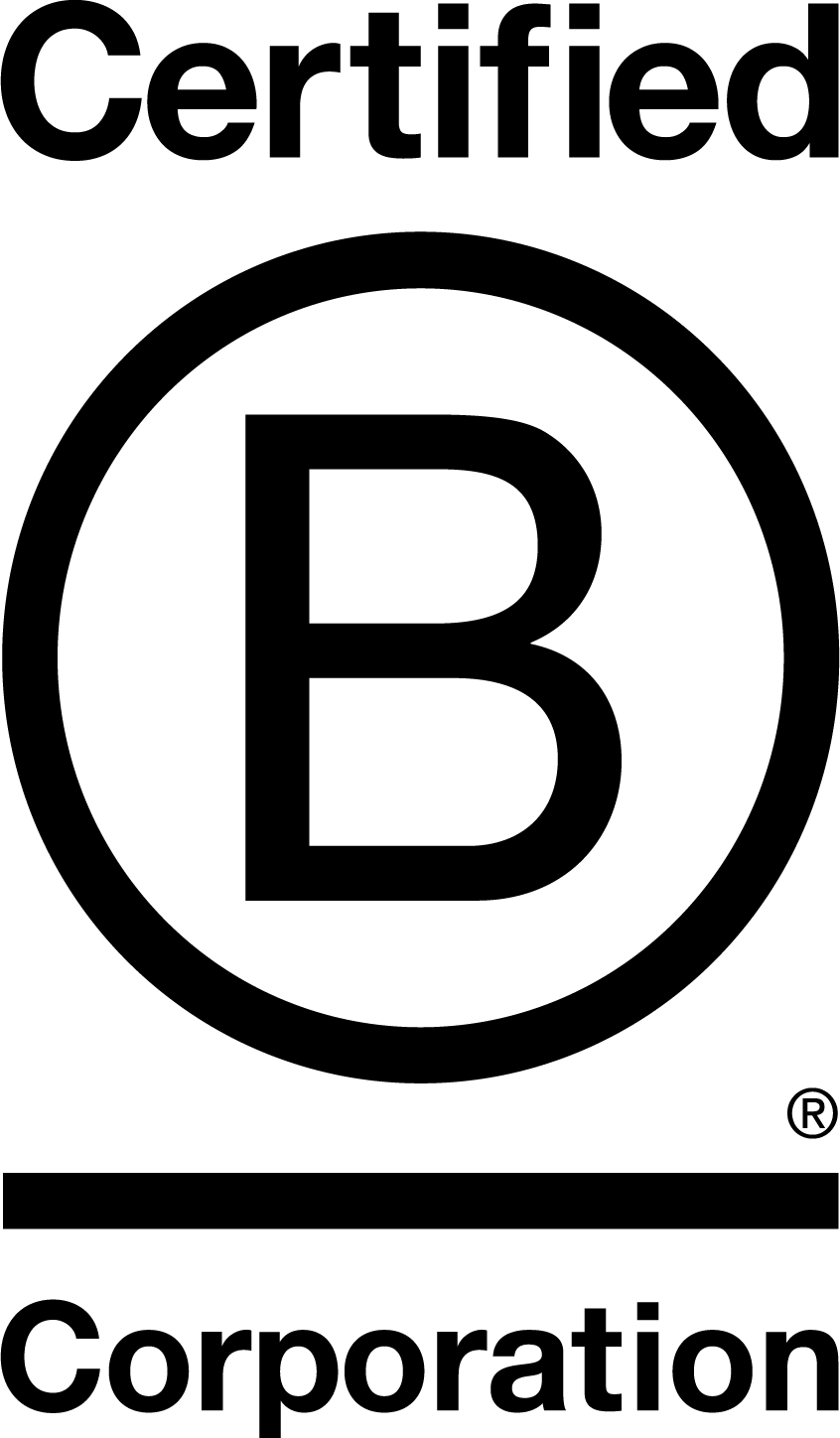There are two main reasons why our start-up atlasGO is built around a social business model: we consider it a competitive advantage, and we believe it is the right thing to do. We are driven by our mission to make our users more aware and engaged around social issues and identified a business opportunity we want to capitalize on. Balancing impact with profit maximization has been a constant learning curve for us. This blog post will further explain why we think you should and how you can have a positive social impact on your own business or startup.
First, let us clear out some misconceptions about social entrepreneurs and social businesses in general. We are no utopians who believe that the world is going to become a better place through positive thinking only. Most social entrepreneurs have a profound and rational understanding that our society as it functions today is not sustainable — in terms of environmental pollution, inequality, globalization, financial systems, population growth, to just name a few. The social entrepreneur understands these systematic imbalances as business opportunities. The opportunity of doing good by solving social and environmental issues and making money in the process has never been as big as today.
The biggest driver of a business opportunity is an apparent customer need. Studies suggest that customers become more and more conscious about the social and environmental footprint of their consumption patterns. Some of them completely change their consumption behavior. Just think about the exponentially rising number of vegans, vegetarians, and flexitarians. Others — the minimalists — try to minimize consumption, and if they consume, they seek high-quality, sustainable products. The fact that 90% of consumers would switch brands to one associated with a good cause and 84% seek out responsible products whenever possible will challenge corporations and entrepreneurs alike. Just think of how the “good Uber” Lyft challenges Uber, how Stella Artois has hired actor Matt Damon to highlight their $1.2M partnership with Water.org during a 30-second clip at the 2017 Oscars, or how Naked Juice donated 10 pounds of produce for every selfie posted on social media tagged with #DrinkGoodDoGood.
Sure, some brands are just jumping the bandwagon to “greenwash” their shady business practices and products, but we are confident that these companies will be called out for such behavior. With Twitter, Facebook and Instagram, the world is too transparent, and even well-intended campaigns can backfire (think about the #asknestle campaign). Even the best CSR and PR managers can’t cover a business model or product that is considered “bad” by the public.
The bottom line is that in today’s world, creating a company that is associated with making the world a better place means nothing short of creating a competitive advantage in the hunt for customers and talent.
1. Our first suggestion of becoming a social business is to figure out a vision and product that goes beyond selling stuff to make some money as the market opportunity for solving actual social and environmental issues is too exciting to pass on.
However, it is easier said than done.
One of the big issues is that most profit-oriented companies are legally bound to maximize profits for their shareholders.
One of my personal heroes, Unilever CEO Paul Polman, is completely transforming a company whose products are used by 2.5 billion people every day towards an approach of conscious capitalism. While some old-school capitalists may have a different answer to Mr. Polman’s rhetoric question of “Do we choose to serve a few billionaires, or do we choose to serve the billions?” his actions paid off for his company and its shareholders. Unilever’s annual sales have climbed from about €40 billion to about €53 billion, while their share price has more than doubled since 2012. Their sustainable brands brought in 60 percent of sales growth last year while expanding 50 percent faster than its other product lines. Mr. Polman is one of the first global leaders who does not only criticize pure shareholder capitalism (“Too many companies are running their business into the ground, I would argue, by being myopically short-term focused on the shareholder) but who seems to have found a successful alternative. As much as we support this claim and actions, the old-school capitalists still seem to have the upper hand as Kraft Heinz — a company run by 3G Capital known for their shareholder focused acquire, fire, sell strategy — has placed a bid on Unilever and threatens Mr. Polman’s effort steering the company towards a role-model of conscious capitalism.
This is why we incorporated atlasGO as a Benefit Corporation. In the United States, a benefit corporation is a type of for-profit corporate entity that includes a positive impact on society, workers, the community, and the environment in addition to profit as its legally defined goals. That means that we, as directors and officers,s are operating atlasGO with the same authority as in a traditional corporation but are required to consider the impact of our decisions on shareholders and society, and the environment. We are grateful that our investors supported us in this decision and saw the potential of being at the forefront of a growing movement that includes highly respected companies such as Patagonia and recently saw its first IPO. We expect other advantages from this decision and encourage other startups and established businesses to become a Benefit Corporation to not bend under the pressure of pure profit-maximization and takeovers by investors without a mission and vision fit.
2. Our second suggestion is that you create a legal environment and setup that goes beyond profit-maximization to safeguard your social mission.
To further back up your ambitions of being a socially conscious business, you can get certified. The B Corp certification is to business what a Fair Trade certification is to coffee or USDA Organic certification is to milk. B Corps are for-profit companies certified by the nonprofit B Lab to meet rigorous social and environmental performance, accountability, and transparency standards. Today, there is a growing community of more than 2,100 Certified B Corps from 50 countries and over 130 industries working together towards redefining success in business.
For startups, there is an option to become a Pending B Corp if your entity was founded less than a year ago. However, after one year of being a Pending B Corp, you have to go through the standard assessment and score at least 80 points to get your actual certification. As we were a little too “old” to be considered a Pending B Corp, we had to go through the regular assessment process and got our certification with 116.4 points in December. While some of the questions around your governance, environmental practices, community involvement, and customer model are very though and maybe not directed towards an early-stage startup, the questionnaire really helps you consider these questions as early as possible and have the idea of being a socially and environmentally conscious business embedded in your DNA. As an example, I spent a lot of time writing an environmental-, supplier, and community policy for atlasGO, and it will be totally worth it in the long run! By the way, the easiest 20 points you get in the B Corp assessment are the 20 points for being a registered Benefit Corporation, so it makes sense to look into both options.
3. Our third suggestion is to become a certified B Corp.
Last but not least, it is important to notice that good intentions do not guarantee a good outcome, which brings us to impact measurement. As an entrepreneur, you are usually very confident that everyone will love your product. It’s even crazier with social entrepreneurs. We believe that everyone will love our product and help solve a social or environmental issue. You can be right or wrong with one or both assumptions! As an example, we carved our social impact model around the overall goal to develop a community where engaged runners, nonprofits, and corporations join forces to create positive awareness around social & environmental issues and to accelerate impactful change. In more detail, we set ourselves KPIs for different impact goals we have with atlasGO, as an example, to increase the amount of funding available for a cause by incentivizing corporations and runners to give more. We might be wrong with this and actually create a barrier between nonprofits and corporations! The important point is to look into both business-related KPIs and impact-related KPIs. The business-related KPIs are easy. If no one likes your product, you won’t generate enough revenue, and you will be out of business. It’s harder with impact-related KPIs, so it’s even more important to look into possible negative impacts you don’t have intended by talking to your partners and customers on a regular basis.
4. Our fourth and final suggestion is to clearly define your business- and impact goals and follow through with proper impact measurement.
Let’s not walk the talk, but run the talk by building up successful social business models, as your success will be an inspiration to many young entrepreneurs and established businesses to join the revolution! Feel free to reach out to me via olivier@atlasgo.org if you want to start a dialogue!
Olivier Kaeser
COO & Co-Founder, atlasGO
Connect on Linkedin | atlasgo.org | San Francisco
This website stores cookies on your computer. These cookies are used to collect information about how you interact with our website and allows us to remember you. We use this information in order to improve and customize your browsing experience and for analytics and metrics about our visitors both on this website and other media. To find out more about the cookies we use, please see our Política de Privacidade.

